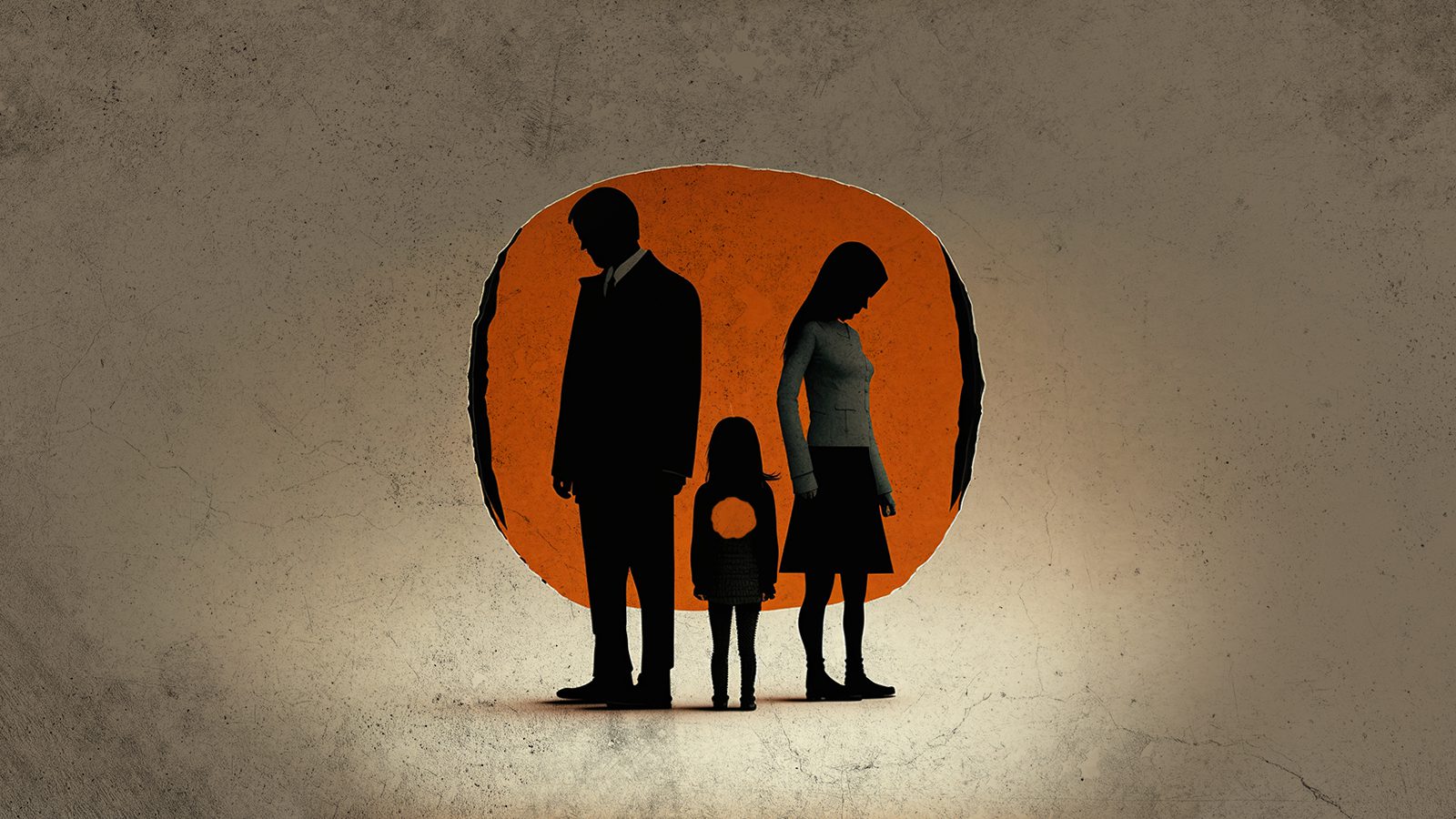Having emotionally distant parents is a common experience that can profoundly impact a child’s emotional and psychological well-being. Growing up with emotionally distant parents can lead to loneliness, rejection, and low self-esteem. It can make it difficult for children to form healthy relationships in the future.
Various factors can cause the emotional distance between parents and kids. These factors include mental health issues, relationship problems, or past traumatic experiences. Regardless of the reason, it’s a painful and confusing experience for children seeking love. The effects of emotional distance can be long-lasting and impact a child’s mental and emotional health well into adulthood. With the proper support and resources, victims of emotional distance can heal.
It’s also essential for parents to understand the impact of their behavior on their children. Ideally, parents would try to create a warm and supportive environment for their kids. By building a solid emotional connection with their children, parents can help promote their children’s well-being and happiness in the long term. Unfortunately, not all kids are lucky enough to have supportive parents. And, if your parents were emotionally distant, all you can do is learn how to heal.
7 Signs of Emotionally Distant Parents
1. Your Parents Avoided Physical Affection
You might not think it, but being hugged and shown physical affection as a child is much more important than it seems. A lack of physical affection can lead to loneliness and insecurity, affecting future relationships. Children who do not receive enough physical affection are also more likely to experience depression and anxiety.
They might even struggle with regulating their emotions and behaviors. A lack of physical affection can indicate that a parent is emotionally distant and is not actively engaging with their child in a warm and supportive manner. Children thrive on physical affection, and when they do not receive it, they may feel rejected or unimportant. A lack of physical affection can also impact a child’s self-esteem and sense of security.
And it can make it difficult for children to feel loved and valued. On the other hand, children who grow up with physical affection from their parents are more likely to form healthy and affectionate relationships in the future. So, if you’re struggling with forming bonds as an adult, it might have something to do with how you were raised.
2. They Always Avoided Emotional Topics
In an ideal family, you would be able to talk about whatever you feel and what your problems are. But most families are less than perfect. And most parents don’t know how to relate to their kids on an emotional level. So, they avoid the more complicated, more meaningful topics altogether. Emotionally distant parents will find it easier to avoid discussing more complex or emotional issues.
This might be due to a lack of emotional awareness, discomfort with emotions or difficulty communicating and connecting with others. Avoidance of these topics can result in a lack of support and understanding for the child, leading to feelings of loneliness and isolation. Parents who engage in more emotional issues might still be emotionally distant.
This might even be worse, leaving the child feeling unsupported or unheard. They might think that their parent is not fully present in the conversation or not fully invested in understanding their perspective and emotions. Emotionally distant parenting can harm a child’s sense of self-worth and emotional development.
3. Your Parents Didn’t Communicate with You
Some parents are so detached that they don’t care about communication. Emotionally distant parents may have trouble communicating and connecting with their children. These parents do not have regular conversations or discussions with their kids. They may struggle to listen effectively and be uninterested in their children’s lives or experiences.
This lack of communication can result in a lack of emotional connection and understanding between the parent and child. As a result, it can hurt the child’s self-perception, making them that much more insecure. This doesn’t mean that your parents don’t care at all. Some people are bad people who don’t care if they hurt others. But most parents are just reacting to their trauma and lousy upbringing.
Past experiences with emotional trauma can significantly impact a person’s ability to connect and communicate with others, including their children. Trauma can create feelings of fear, making it difficult for a parent to engage in meaningful conversations or show affection. It’s essential for individuals who have experienced trauma to seek support to help them heal and develop healthy coping mechanisms. This can help them to support their children better and improve their relationships.
4. They Didn’t Have Any Interest in Your Life
While some parents are very involved in every second of their kids’ lives, others couldn’t care less. When parents are emotionally distant, they may not be as engaged in their children’s lives. Some don’t even take an active interest in their kids’ activities, interests, or academic life. This often makes kids feel like what they are doing is entirely worthless. So, they might often lose motivation and give up on what they like to do.
Children who feel their interests and accomplishments are not valued by their parents may lose confidence. They will become demotivated, leading them to give up on activities and interests that once brought them joy and fulfillment. However, it’s essential to understand that every parent and situation is unique.
There can be many reasons a parent may struggle to be involved in their child’s life. Some common causes include past trauma, mental health issues, and lack of emotional intelligence. Some parents may need support and guidance to improve their relationships with their children. But that doesn’t excuse the fact that the kids of such parents will be affected by this unavailability.

5. You Were Always Criticized as a Child
When parents are emotionally distant, they may criticize or belittle their children to communicate their disappointment or frustration. This type of behavior can have a damaging impact on a child’s self-esteem. No one likes being criticized, much less a child, especially when those nasty words come from the people who are supposed to care for them.
Parents must provide constructive feedback and support to their children rather than constantly criticizing them. When children feel supported and encouraged, they are more likely to develop healthy self-esteem and confidence in their abilities.
If you experienced frequent criticism or belittlement from your parents, it’s essential to seek support. This will help you work through any lingering emotional effects and develop healthy coping mechanisms. It’s never too late to build a positive relationship with yourself and overcome past challenges.
6. They Were Unresponsive to Your Emotional Needs
Emotionally distant parents are usually not equipped to care for their kids’ emotional needs. This can lead to children feeling unheard, unsupported, and unvalued. It’s essential for parents to actively listen to their children, validate their feelings, and provide emotional support when needed.
When children feel heard and supported, they are more likely to develop healthy coping skills and a positive sense of self-worth. Some parents may not have had positive role models when they were growing up, either. This can make it challenging for them to provide emotional support to their children. When children’s emotional needs are ignored or dismissed by their parents, they can feel hurt, unsupported, and unvalued.
Children who do not receive emotional support from their parents may also struggle to develop healthy coping skills. They will probably grow up to have difficulty managing their emotions and relationships in adulthood. They may also feel afraid to express their emotions and may internalize their feelings, leading to a higher risk for depression and anxiety.
7. Your Parents Were Always Concerned with Their Issues
Everyone is entitled to take care of their own needs. But a parent also has responsibilities, and they shouldn’t neglect their kids. Unfortunately, more parents only care about themselves than society might like to admit. When parents prioritize their own needs and problems over those of their children, children can feel neglected and unimportant.
This can lead to feelings of rejection and low self-worth. Parents preoccupied with their issues may struggle to participate in their children’s lives. This can lead to feelings of disconnection and a lack of emotional intimacy in the parent-child relationship. Parents need to be mindful of the impact their behavior and preoccupations may have on their children.
Parents should make an effort to connect with and support them emotionally. But if your parents didn’t do that, you need to seek support. Find other people who can be there for you, even if your parents never did. These people can help you work through any lingering emotional effects and develop healthy coping skills to help you move forward.
Final Thoughts on Some Signs of Emotionally Distant Parents
Emotionally distant parenting can significantly impact a child’s mental and emotional well-being. And, if you’re struggling to connect and make friends as an adult, it might be because of your upbringing. So, don’t blame yourself if you’re struggling with your emotions and don’t know how to cut some slack.
It’s probably just the fault of something that’s happened in the past, and you’ll be able to get over that. Ideally, parents would try to connect with and support them emotionally. However, it’s also important to understand that it’s never too late to build healthier relationships and learn new coping skills. Reaching out for support from friends, family, or mental health professionals is okay.
Remember, you are not responsible for your parent’s actions, and it’s not your fault if they were emotionally distant. The important thing is to focus on taking care of yourself and working towards healing and growth. If you need to enforce clear boundaries with your parents, then that’s what you should do. You should never be afraid of making the right decisions for yourself.






















